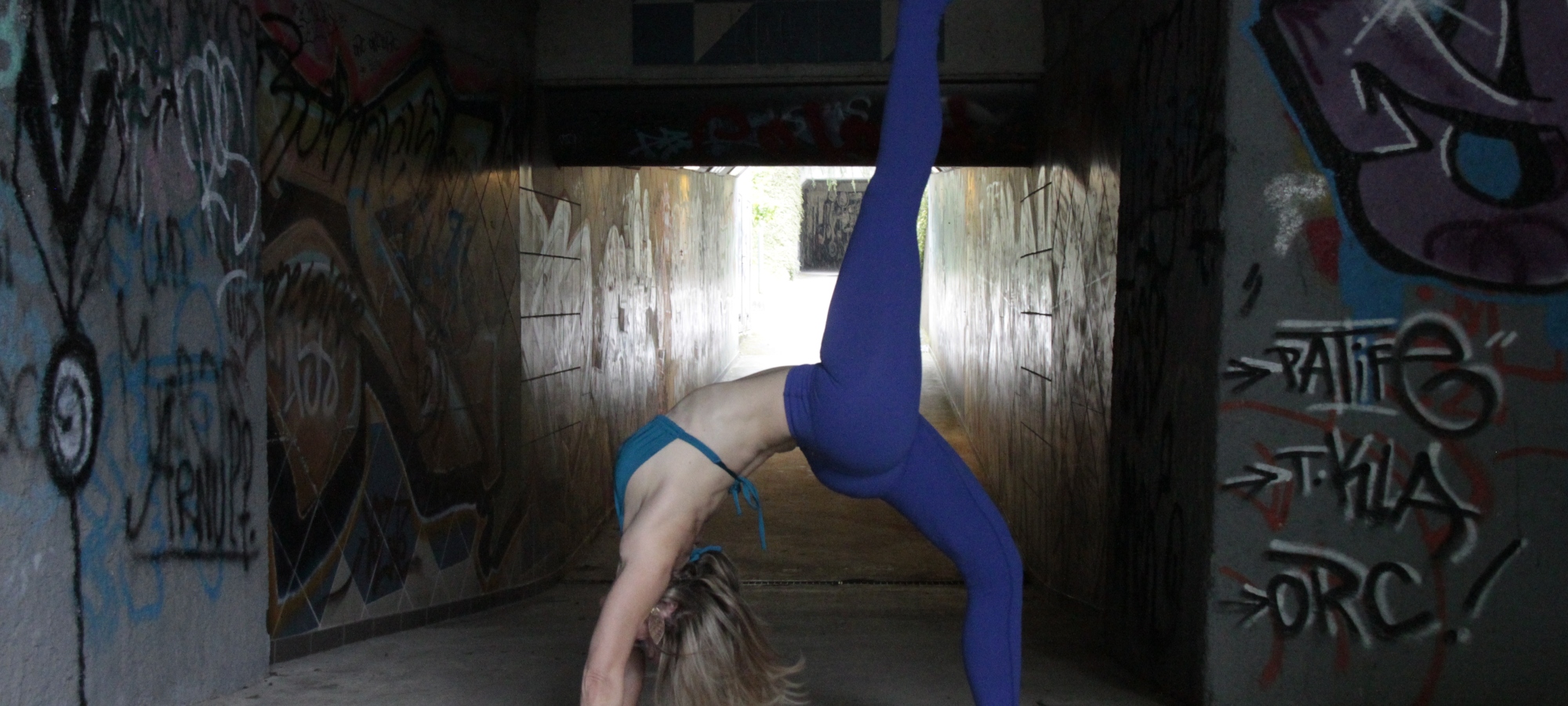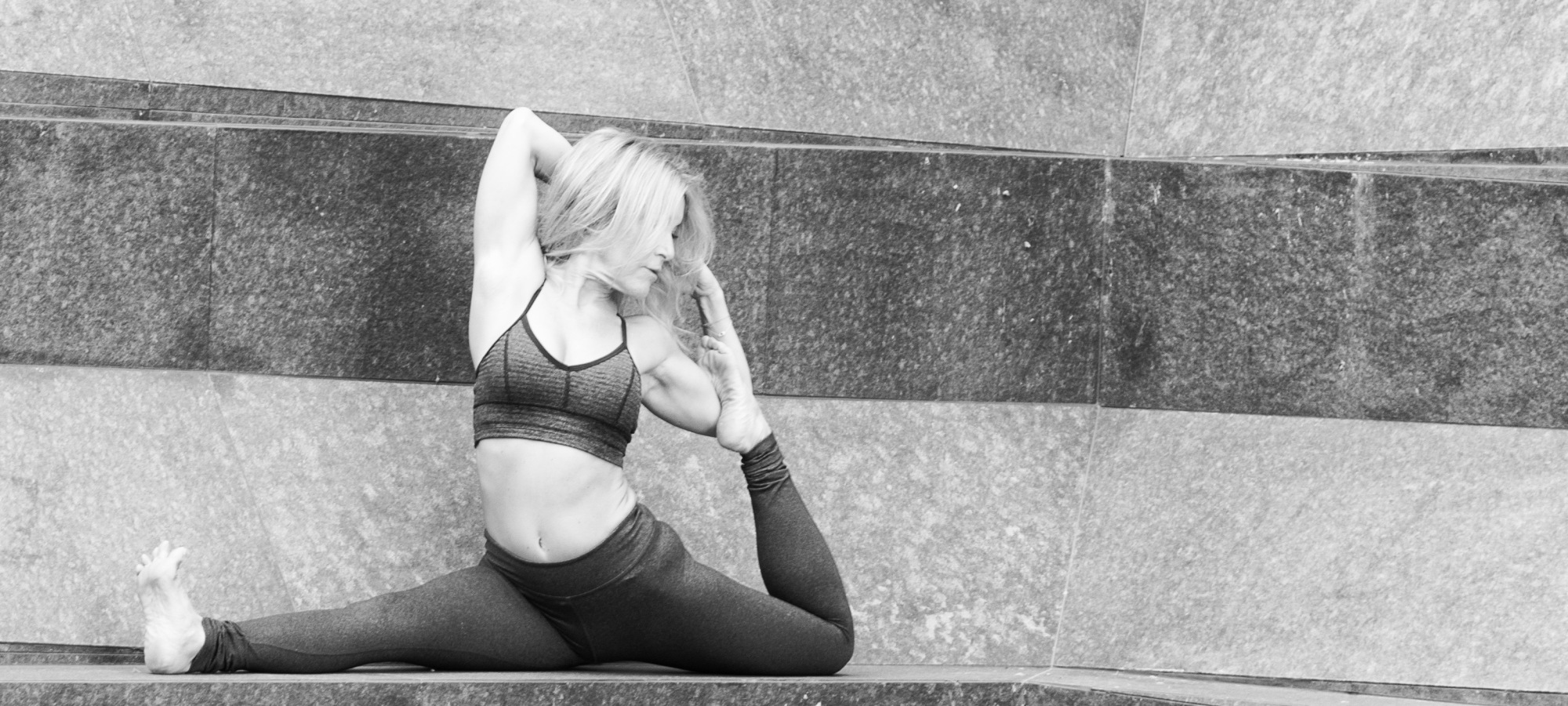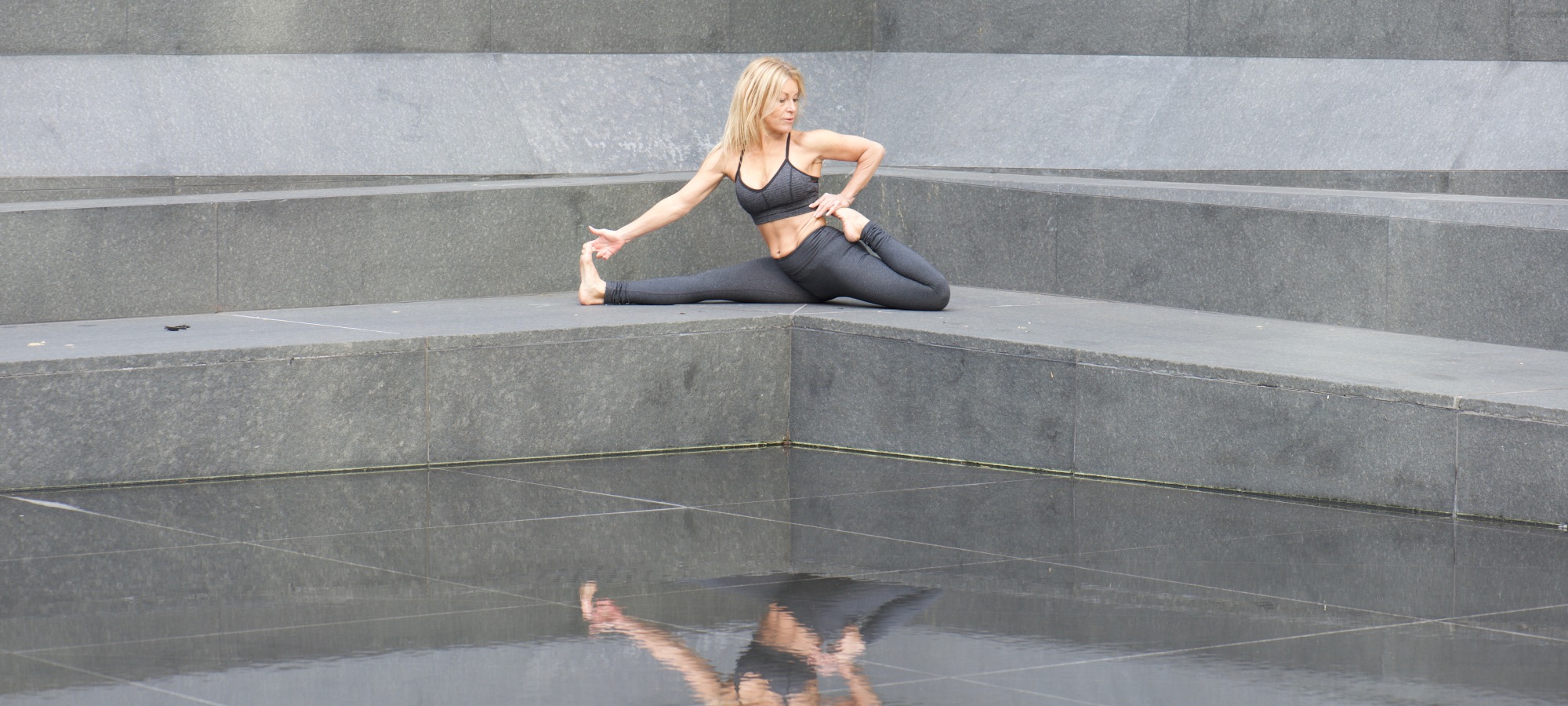LIFESTYLE, TRAVEL, WELLNESS, YOGA

February 16, 2014
Jessica Magnin, founder and co-director of O2yoga, is one of GatherYoga’s newest emissaries, and today she shares her thoughts about death, suffering, and the gift of life.
It was past midnight when my father came into my room to announce the tragic news. He had just lost one of his closest friends. I was just barely twelve. It was the first time I had ever seen him really cry, and the first time I had experienced the pain of witnessing the grief of someone I loved dearly. I desperately wanted to relieve his pain, because it was his pain that caused me more suffering than the actual loss of his friend.
Death was rarely ever spoken about in my family, and we were lucky: I had only witnessed first-hand the loss of a goldfish, a few gerbils, and a fern. The unspoken truth didn’t prevent visits of endless questions about life and death in moments of silent play. Those secret thoughts were kept under my pillow for monologues as I lay myself down to sleep.
My family’s closest friend, a devout Catholic, whispered in my ear during one sleepover that my family would burn in hell because Christ was not our saviour. I never shared this with my parents in fear that this “truth” would cause them to worry and therefore suffer. I would often hold my breath in fear of facing the suffering of the ones I cared about, and even the suffering of those I had never met beyond the movie screen. My heightened sense of helplessness was so overwhelming that at times I would play the game of Maya, not fully choosing to understand the true temporal nature of life, but covering my eyes to the world, convinced that it could not see me. This was my way of dealing with that monstrous pain that I felt in my heart when I witnessed the suffering of others.
******
Some decades later, crouched with my knees pressed against my chest, I held on for dear life to the flimsy sides of the wooden speedboat. My nails had gone white and cramps formed in my fingers. I clenched my jaw as the driver picked up speed, navigating “blindly” through the treacherous labyrinth of hidden rocks under the current of the Mekong River. My heart skipped 100 beats as the boat skipped a wave or two. I secured my helmet for the tenth time as I saw visions of us crashing into the rock formations, the wooden boat shattering into a million pieces, and me being thrown into the air, still clutching for dear life. I glanced over at my Lao companions, some nodding off, others enjoying the buzz of adrenalin. Their serenity only amplified my exaggerated fear and my inability just to enjoy the ride. It suddenly seemed ridiculous, I seemed ridiculous! I burst into laughter. I knew that all this excessive control on my part was my only way of offering myself some solid ground of security. No matter how hard I clenched my jaw and dug my nails into the sides of the boat, there would be no guarantee. With a deep breath, I threw my arms into the air and screamed at the top of my lungs! If these were to be my last moments here on earth, then ”let go and enjoy” would be my mantra.
Somewhere on the Lao peninsula of Luang Prabang, a ceremonial celebration of endless eating, drinking, and chanting carried on day in and day out for a succession of four nights and five days. There were three spirit houses ornately decorated with flowers, a black and white photo of the deceased, rice, kip, and other symbolic offerings. Candles burned well into the night and throughout the day. There was a continuous flow of lay-people and monks passing by. As night fell, many would camp out on the cold tiled floor searching for warmth against the unusual winter chill. The music continued. Food was served. People laughed. Some played cards and many drank. The sangha, the local Buddhist community, bonded once more.
This is the Buddhist tradition. Death, as well as life, are prevalent, and all sentient beings, without any exception, will inevitably experience suffering, loss, and yes, death. Abinivesha, the root of all of our fears, causes us to desperately cling to life and deny the existential truth of our brief, transient presence here on earth. Micromanaging our illusory permanent existence and our fear of suffering just causes more internal suffering. Surrendering to Buddha’s truth, that suffering exists,does not mean that we no longer care about life or about others. Instead, suffering could become a homeopathic remedy for feeling the preciousness of life, including its joys as well as its sadnesses, and the inescapable end. We can take this ancient wisdom to heart, letting it split our hearts wide open, feeling the inner connectedness with others and life’s fragility.
Death is always lingering. In fact, we are all moving one step closer with each breath, with each passing moment. As scary as it might seem, there is no escaping. Through total acceptance, we crack open the illusory door of permanence to wide open freedom, experiencing the gift of life not in fear but in celebration! Maybe, this is the practice.
—Jessica



